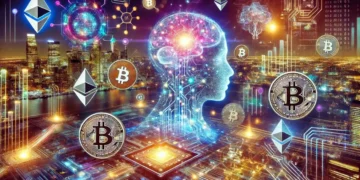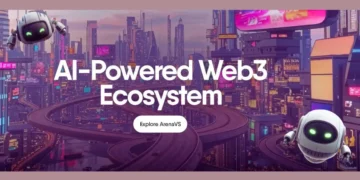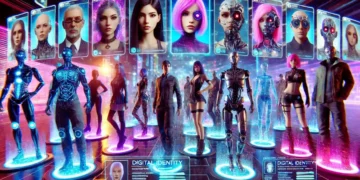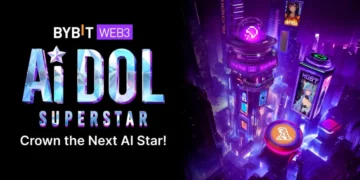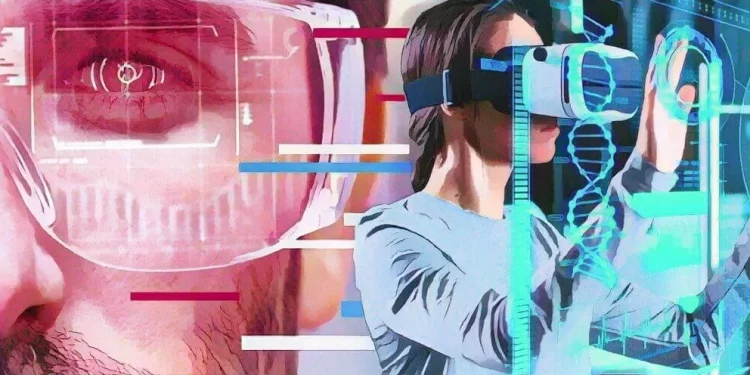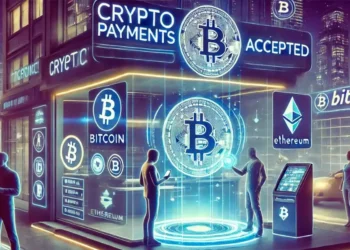Augmented and virtual reality are not new concepts, but they have gained strength in recent years. That is why in Morocotacoin we will explain what are the applications of virtual reality and augmented reality in the metaverse and NFTs.
The metaverse, in a basic concept, can be defined as a 3D universe that can be virtual reality or augmented reality.
In both cases people can work, meet, play and socialize.
Currently, there are different metaverses such as Decentraland, The Sandbox, Horizon World, among others.
Although all these metaverses make it possible for people to socialize, the way we access or enjoy them is different.
What is virtual reality (VR)?
Virtual reality is an environment of real-looking virtual scenes or objects, where a user can perceive them with all 5 senses.
To fully immerse yourself in these virtual spaces, today we have the following implements or special devices:
Oculus Rift VR Glasses
OWO Game sensory vest
UnlimitedHand armband
Virtuix Omni One treadmill
What is augmented reality (AR)?
Augmented reality (AR) has the ability to extract virtual spaces or objects and add them to what we see in the real world, thus creating a mixed reality.
A well-known example of augmented reality is the famous game Pokémon Go, which allows us to interact with virtual animals within our real world.
Microsoft and Snapchat are betting on this technology, being the two companies that have collaborated the most in the creation of augmented reality glasses, such as the following:
Microsoft Mesh
https://www.youtube.com/watch?v=Jd2GK0qDtRg
Spectacles 4 by Snapchat
Differences between virtual reality and augmented reality
Virtual reality and augmented reality, share the similarity of working with virtual spaces known as games, metaverses, among others; however, they have well-marked differences, especially in their application.
In this opportunity we are going to imagine that we have on a screen a world of dinosaurs that will be our virtual space, in order to explain how they would look like in virtual reality and augmented reality.
Dinosaurs in virtual reality
Virtual reality will introduce us into that space with dinosaurs and through many implements experience that world in the most realistic way.
That is, in a more real way we are transported to the time and the habitat where the dinosaurs are virtually.

Dinosaurs in augmented reality
Augmented reality will make it possible to extract the dinosaurs themselves from this virtual space, bring them into our reality and live the experience without losing awareness of our real environment.
In this case, the dinosaurs are transported to our world, that is, we could be in the streets of the city where we live and see how dinosaurs interact in our daily routine.
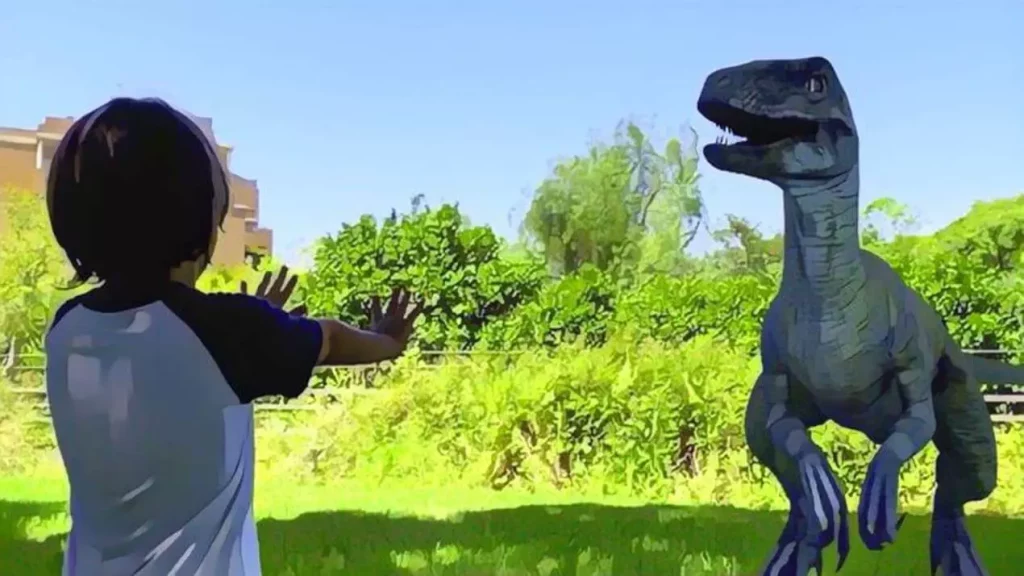
What is virtual and augmented reality like in NFTs?
The application of virtual reality to NFTs is not yet common. Metaverses like Decentraland and The Sandbox, which have a close relationship with NFTs, do not work with virtual reality for now.
Horizon World, which is a metaverse that works entirely with virtual reality, does not yet have a relationship with NFTs and cryptocurrencies; however, we can imagine the application of virtual reality in NFTs, taking into account the virtual reality experience of Horizon World in an environment such as Decentraland.
The application of augmented reality to NFTs is not a reality for now; however, it shows a wide range of possibilities such as:
Art:
So far NFT artists can only show their collections through marketplace like OpenSea or galleries within some metaverse. With augmented reality glasses, anyone would have access to these collections anywhere without having to use a computer.
Games:
It has always been thought that video games cause sedentary attitudes in people, with augmented reality anyone will be able to enjoy a good game wherever they are without losing the reality of their surroundings and being physically active.
Automobiles:
Imagine cars allowing us to visualize on the windshield information such as GPS, speed, among others. Although we already have such information on a screen, transferring that information to our windshield would make the driver’s attention always be in front, that is, on the street or avenue where he is driving.

